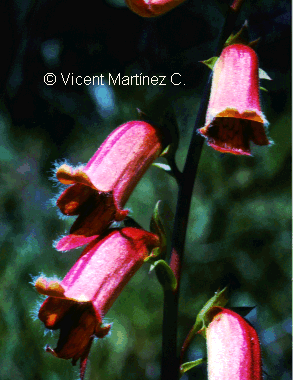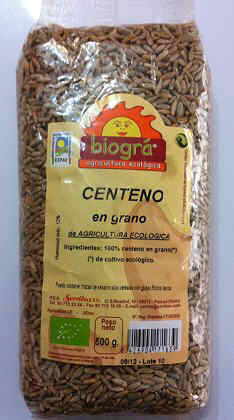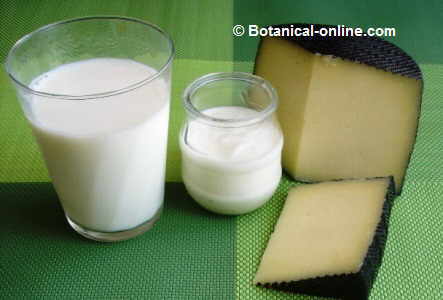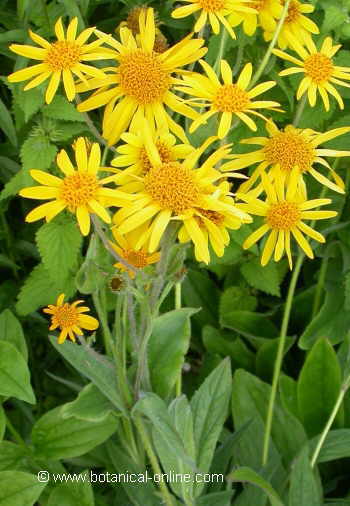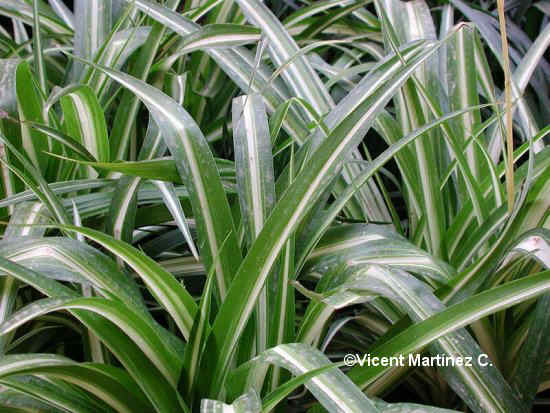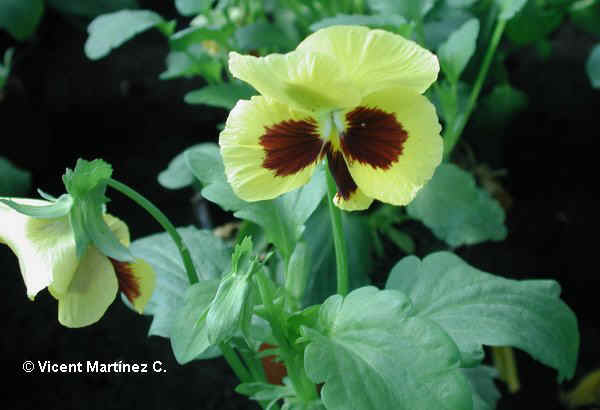Contents
Caffeine content in tea
Are caffeine and theine the same substance?
Yes, caffeine and theine are the same substance. Caffeine was discovered for the first time in the coffee bean, which gave its name caffeine. The same substance was also found in tea leaves and other plants.
To refer to tea caffeine it is often used the term theine.
The same applies to other plants containing caffeine, such as guarana, which are said to contain guaranine, which, in fact, is also caffeine. or mateine of yerba mate.
- Caffeine and theine are the same substance and are considered synonymous words.
| Content of caffeine in some stimulating drinks | |
| Beverage | Mg. of caffeineper cup of 200ml. |
| Energetic drink | 85 |
| Coffee | 80 |
| Cola | 50 |
| Hot chocolate | 40 |
| Black tea | 40 |
| Semi-fermented tea | 30 |
| Red tea | 25 |
| Green tea | 20 |
| White tea | 15 |
| Rooibos | 0 |
What is caffeine?
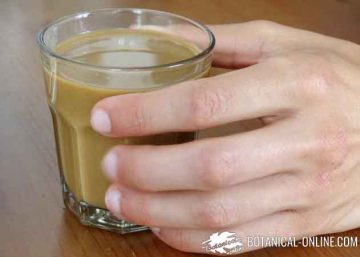
Chemically, caffeine (or theine) is classified as a xanthic base or xanthine. There are other xanthines such as theophylline and theobromine. Plants containing caffeine may also contain doses of these xanthines. These substances stimulate the nervous system.
Plants containing caffeine are coffee, cola, tea, guarana or yerba mate. Cocoa contains theobromine, other xanthine that also has stimulatory effects on the nervous system.
Effects of caffeine on the body
When caffeine is absorbed, it travels through the bloodstream to the brain, where it binds to a type of brain receptors called adenosines.
Adenosine receptors are in charge, when there is adenosine, to dilate blood vessels, depress the nervous system and produce a state of sedation. Caffeine prevents adenosine binds to adenosine receptors, preventing the occurrence of these calming effects.
Blocking the adenosine receptor causes increase levels of dopamine in the brain. Dopamine stimulates mental alertness and wakefulness, promoting better association of ideas and greater resistance to fatigue and stimulating thermogenesis and fat burning.
For this reason, drinking coffee, mate or tea increases brain performance. Other effects of caffeine, for the same reason, are: increasing stomach acid secretion, stimulating fat burning, speeding cardiac frequency, etc..
Contraindications of caffeine
People with dyspepsia, heartburn, peptic ulcer, cardiovascular disease, hypertension, epilepsy, diabetes, liver or kidney disease should avoid caffeine because of its side effects.
Caffeine in pregnancy and lactation
Scientific studies show that when a pregnant woman drinks caffeine, it can be absorbed by the fetus and appears in breast milk when she is breastfeeding. Because the effects of caffeine are stronger in neonates (caffeine takes 80-100 hours to be removed from the body), women should not consume drinks with caffeine during these stages of their life.
*Related information:
– Differences between caffeine in tea and caffeine in coffee
![]() More information on tea
More information on tea

